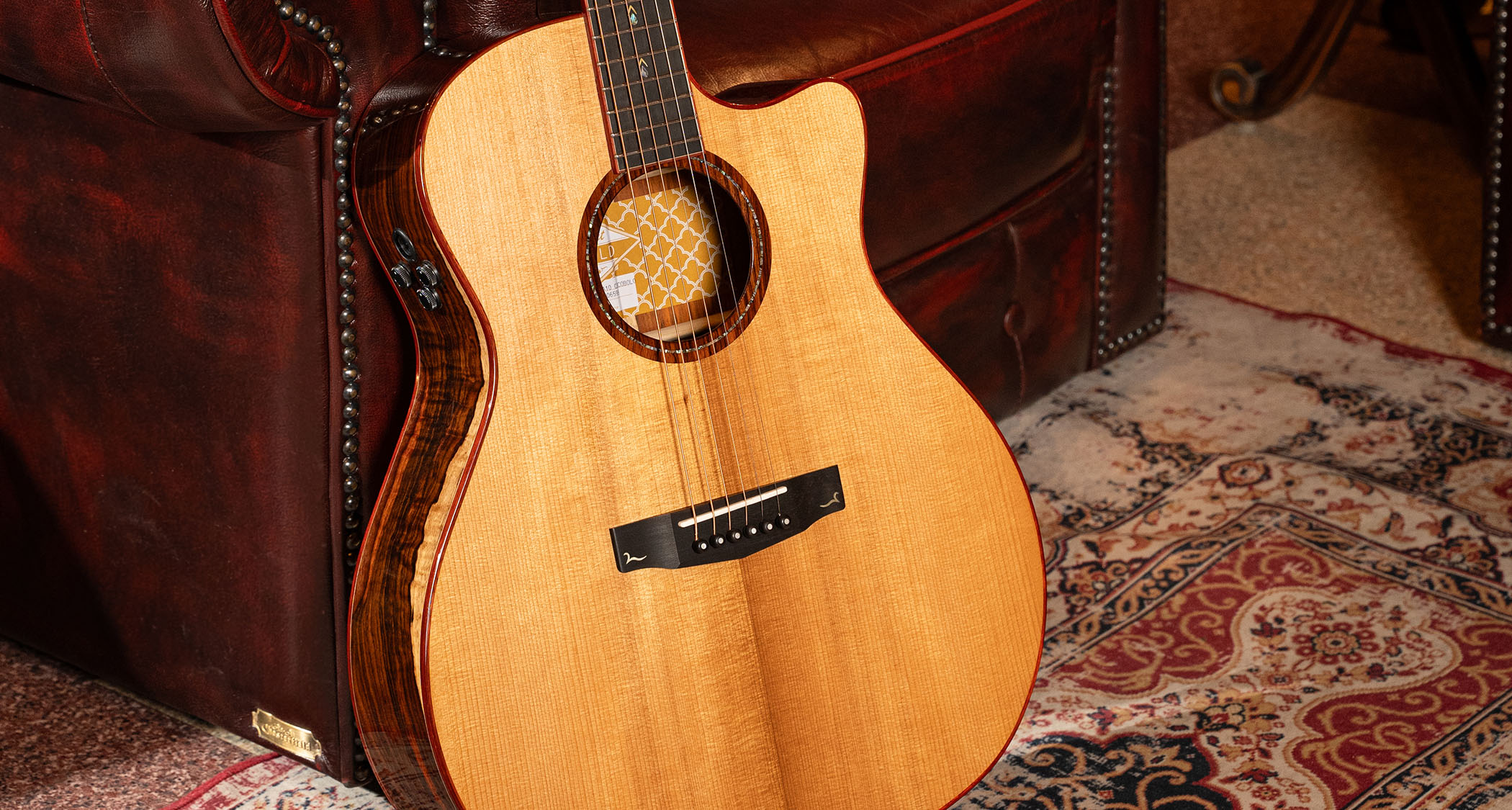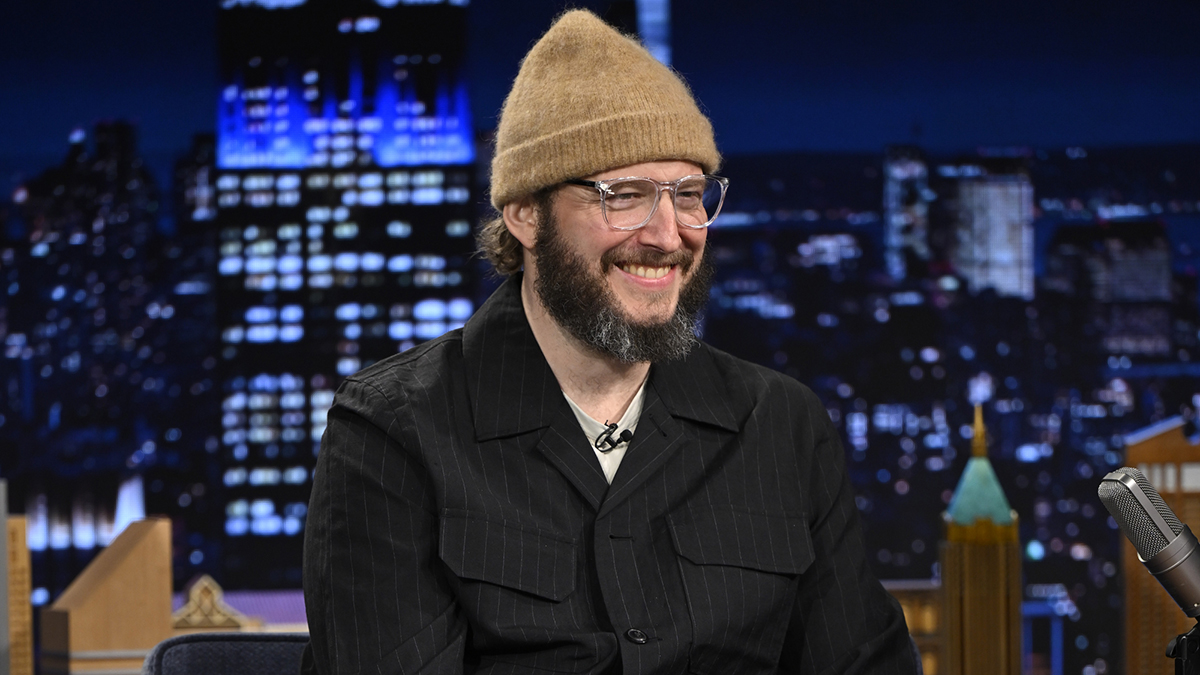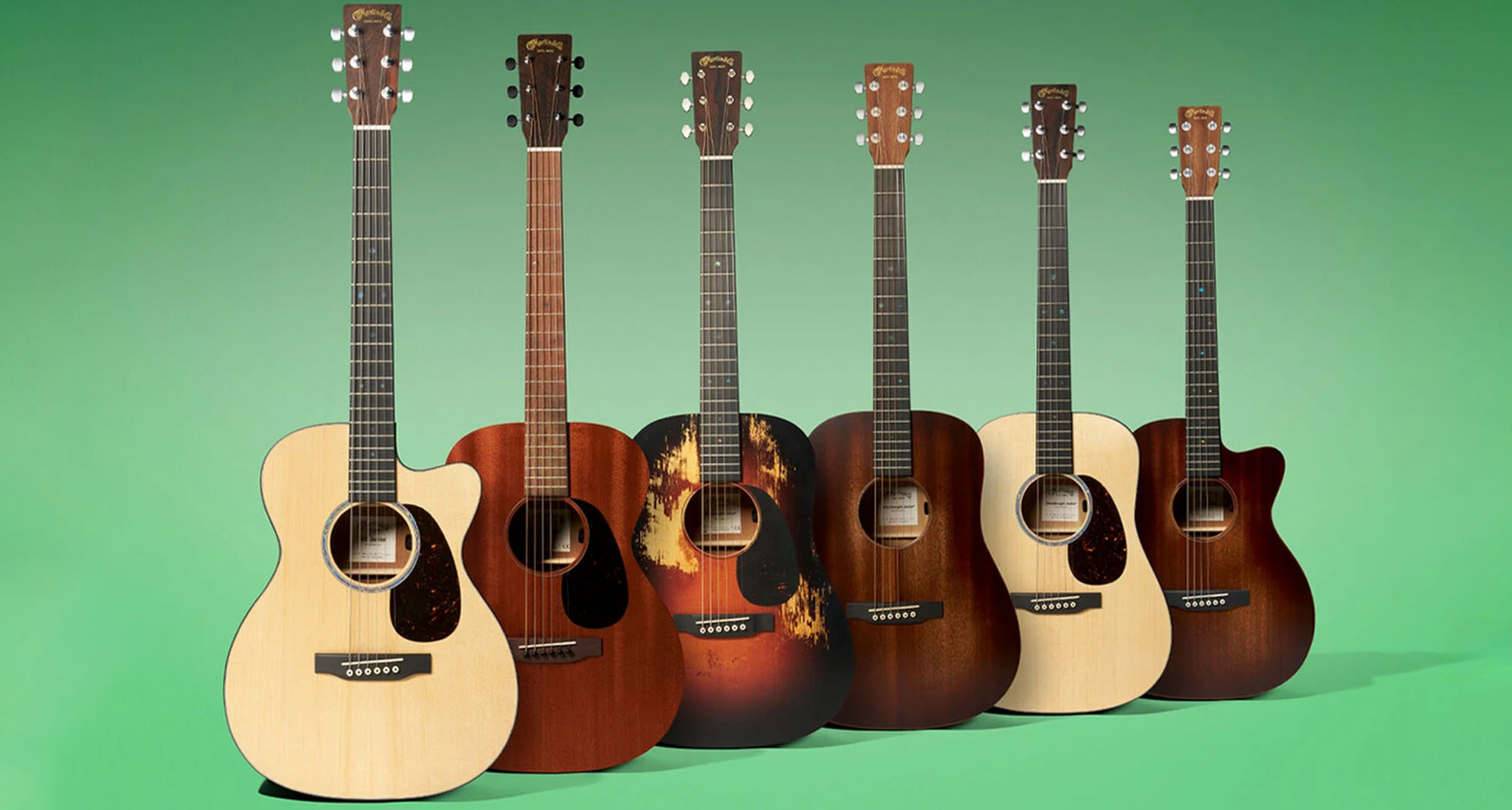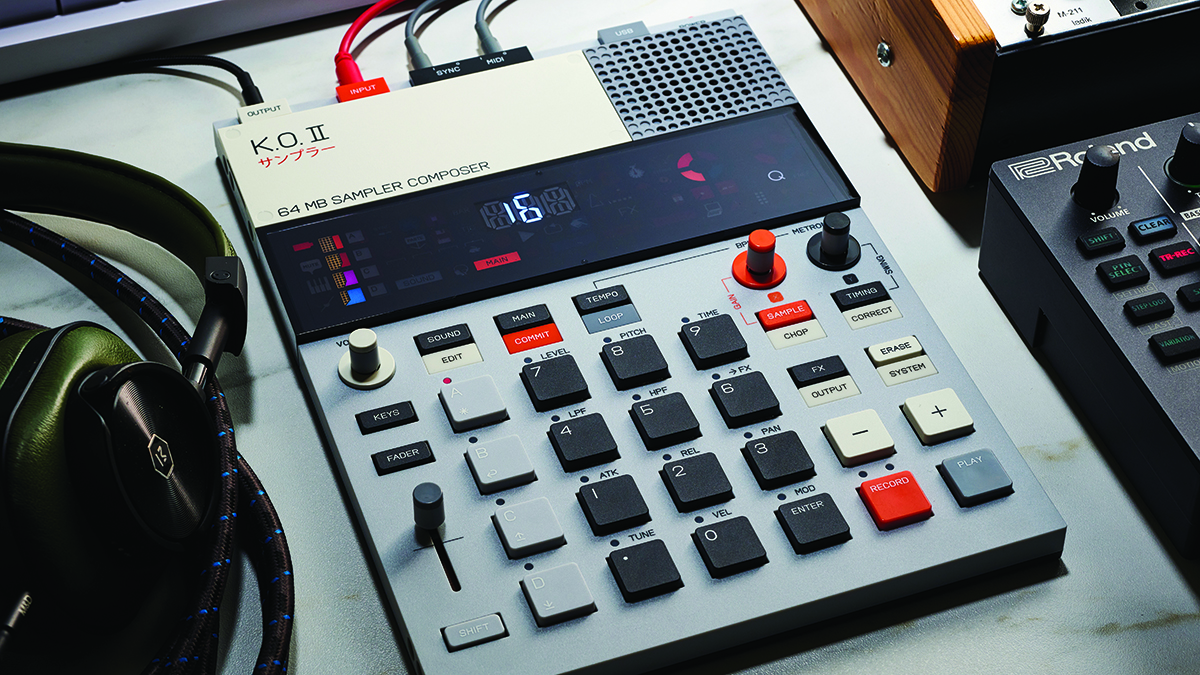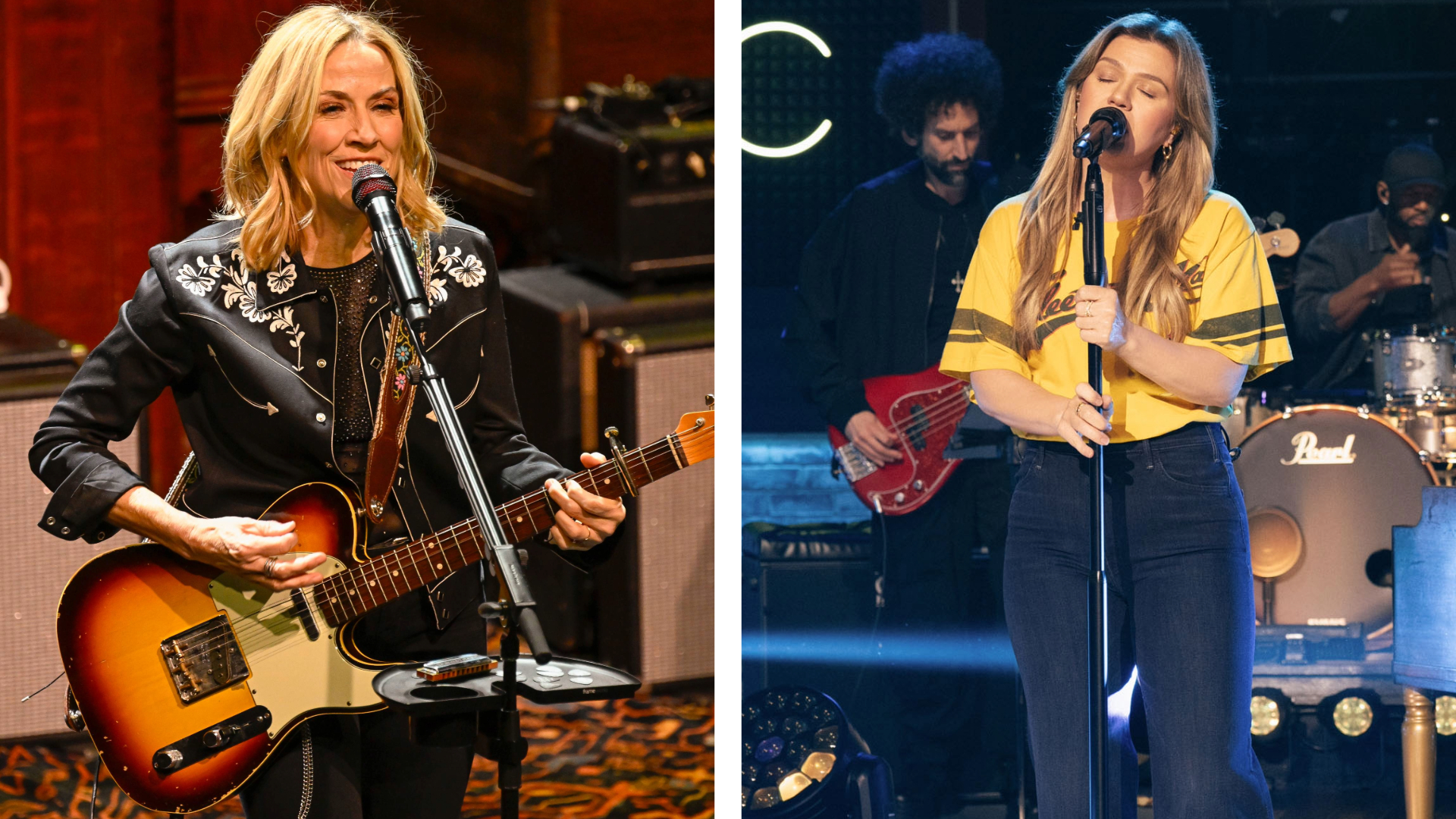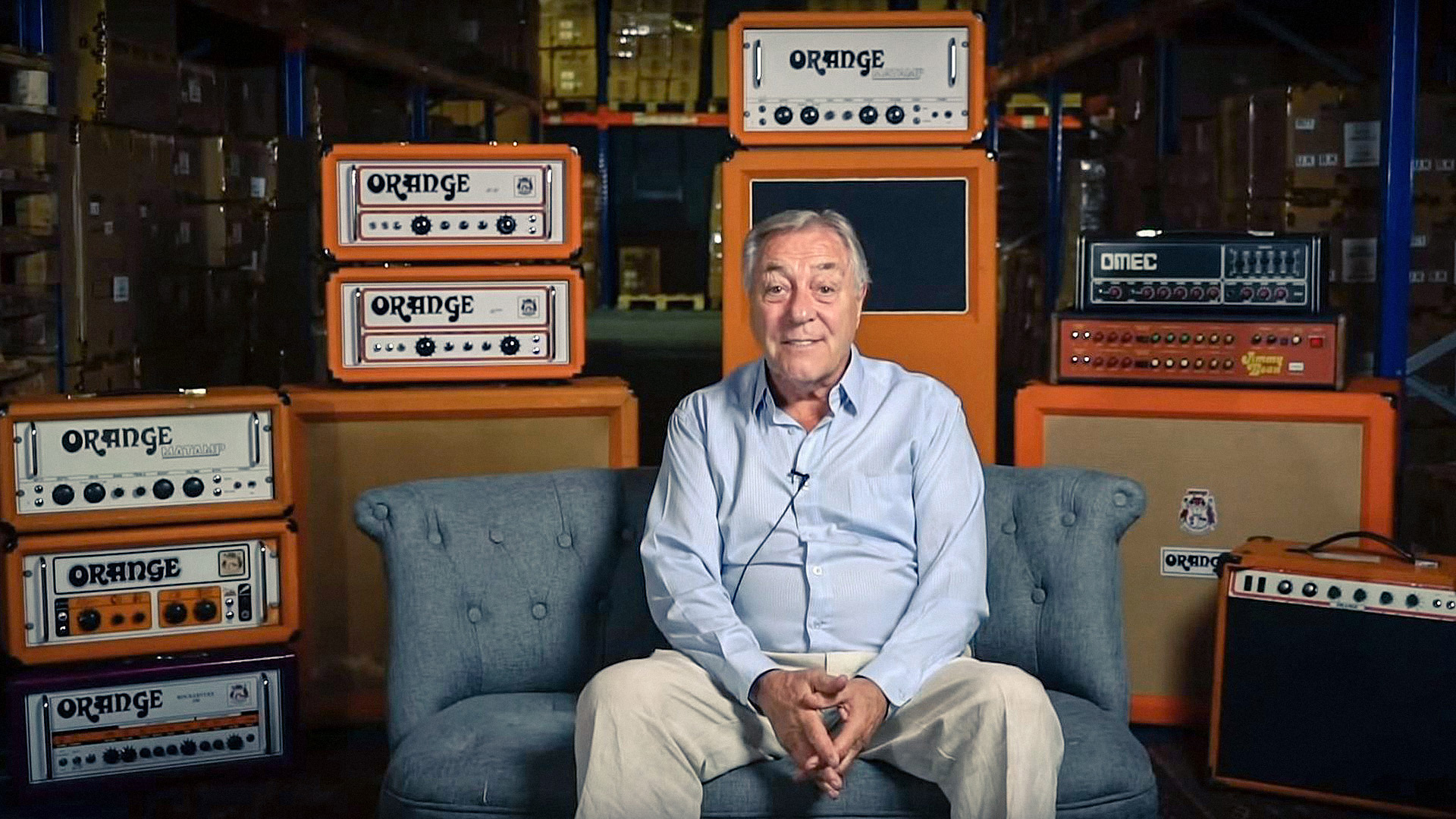
Cliff Cooper is one of a very select number of bonafide icons of British amplification history. Since founding Orange in 1968 and consistently innovating ever since; Orange Amplification is a world renowned brand as sonically distinctive as its unmistakable livery.
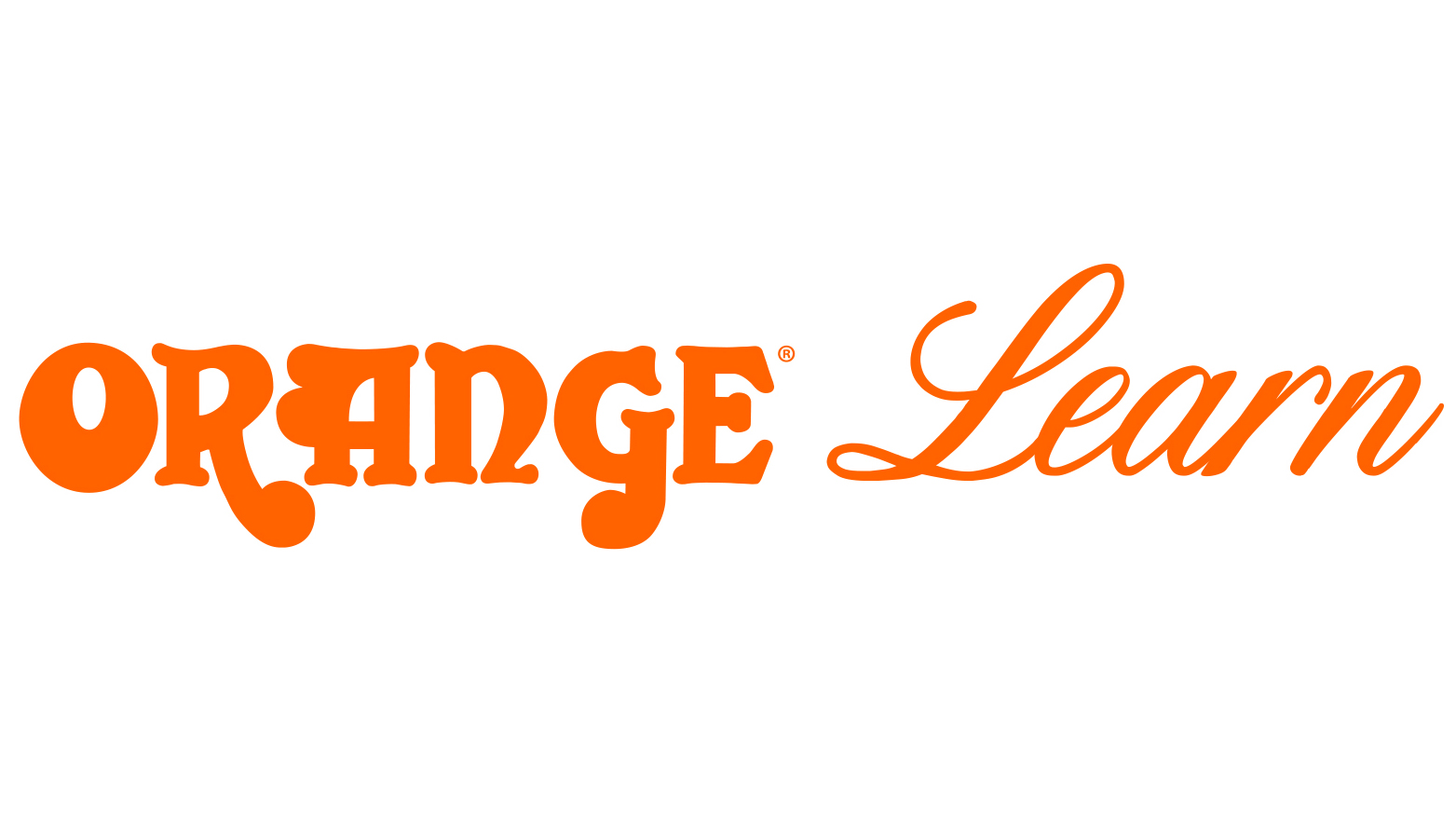
Get free rock guitar lessons with Orange Amplification’s online course and a free online music exam
But before we discussed Orange's legacy and future, we wanted to talk to Cliff about something different to amplification. The company was ahead of the curve when it set up its own online guitar lessons platform and in providing recognised qualifications for students with it.
Its rock guitar courses are also offering another key new feature for 2020 with added live support.
And as we talk to Cliff about why it's never been more vital to learn, it becomes clear why the company has chosen to lead on this area; he's passionate about encouraging people to become musicians.
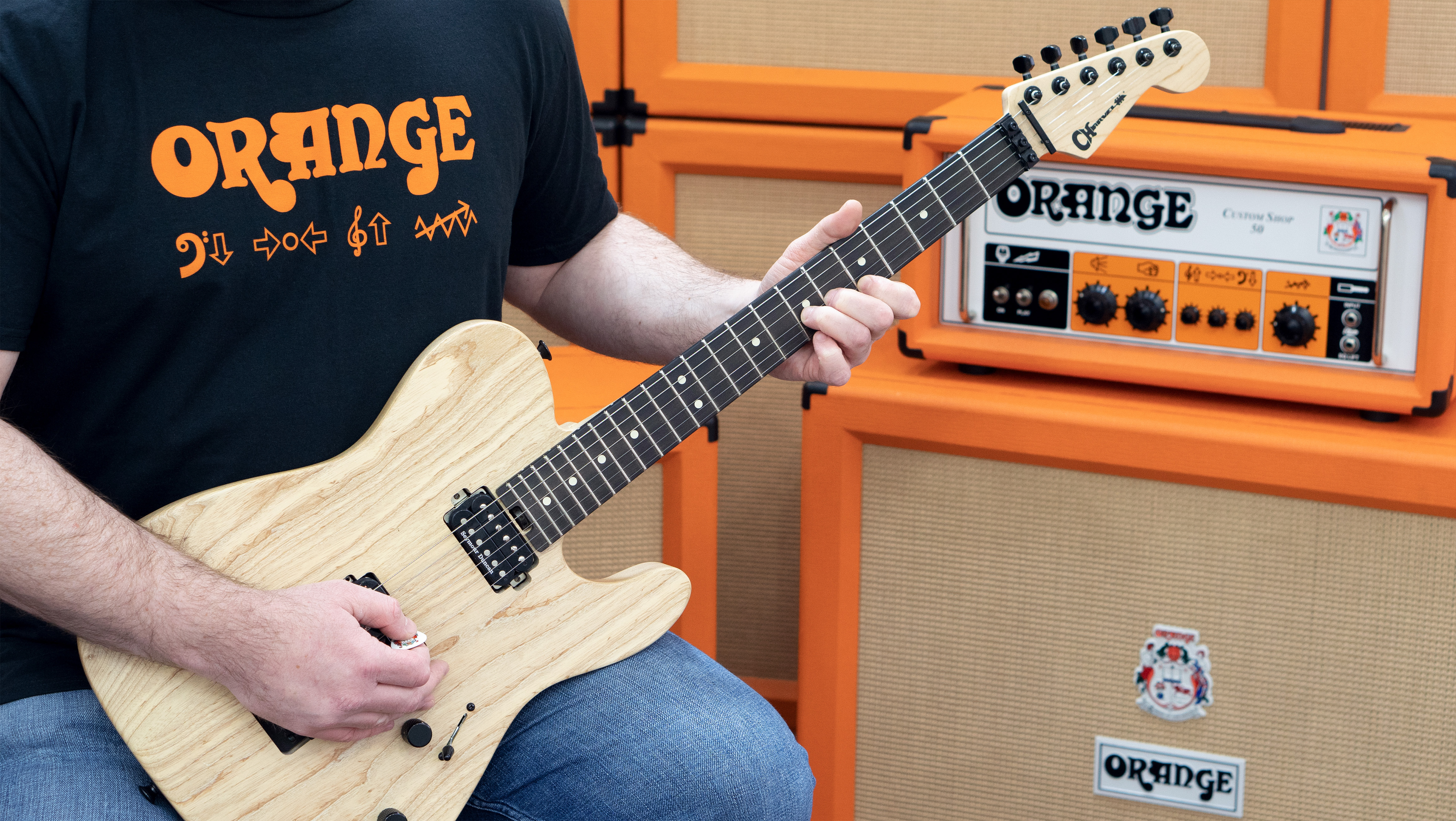
Orange were ahead of the curve as a gear company when it came to launching an online guitar learning service, what prompted that?
"Students who would not normally have had the chance to learn, due to financial or distance issues, have now been given this opportunity"
“Obviously music’s always been very close to my heart, so to be able to see musicians learn to play their instrument properly has always been something I’ve wanted to do. With Orange Learn, the project is a ‘charitable cause’ for Orange rather than a monetary one. We have been able to help students from across the world to get an education on their instrument for free.
"Students who would not normally have had the chance to learn, due to financial or distance issues, have now been given this opportunity. And this is not just to learn, they have the opportunity to get a qualification that can help them with their career path.
Get the MusicRadar Newsletter
Want all the hottest music and gear news, reviews, deals, features and more, direct to your inbox? Sign up here.
"Countries such as the US, Columbia, Mexico and Argentina to Japan, China and the Philippines are just a few countries where students are learning and completing our courses and gaining qualifications without the need to find funding. We are levelling the playing field and giving equal opportunities as far as we can.
“Learning songs is great, but it’s better to learn and become a rounded musician and of course, getting an approved recognised qualification.”
The exams and qualifications are something that sets Orange’s rock guitar courses apart from many others – why did you feel that was an important feature to have?
“Once you’ve spent a lot of time on something, you go the rest of the way to achieve that qualification as recognition of the achievement.
“We work with Online Music Exams [onlinemusicexams.org] and it’s a project that’s had four or five years hard work put into it. It’s a British company and I believe it’s ahead of any company in the world with accredited online music exams.
We’re offering an exam free right now [if you sign up herey] that anyone can take online, and they get it marked and receive an accredited certificate if they pass. Our online courses take our customers to diploma level, which is grade 8 in the UK.
We have split them into 3 courses, Foundation, Intermediate and Advanced. You can use these qualifications to prepare yourself and gain access to further education and to teach”
And this year the course also has a new live help feature?
“Yes, we have teachers available 24 hours a day to answer questions and we have paid for online live lessons if students need some extra help”
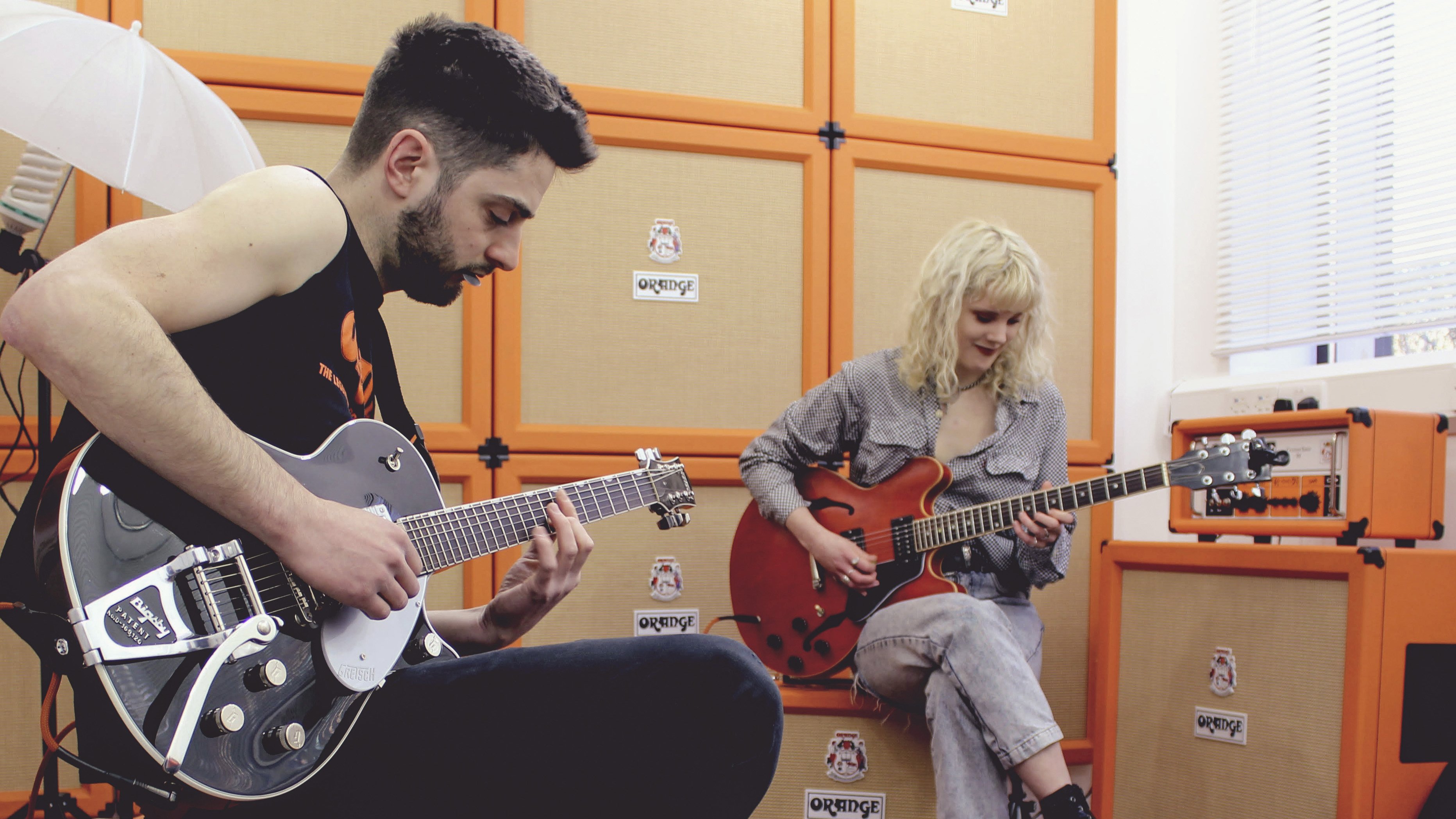
Is there any advice you would offer to someone who is picking up the guitar to learn for the first time?
“Persevere, and try hard to learn music. Music is an international language. The good thing about learning music is that it expands the brain and helps to improve coordination and think quicker. There’s lots of studies that prove this.
"When you look at notes, the passage is through the eye, the brain translates it and understands what it’s meaning and passes this information through to the hands. That increases the brain’s ability to think quicker and it’s very important.”
"Having equipment that enables players to play at home is certainly on the increase"
Orange were trailblazers with lunchbox amp heads and this year the Terror Stamp and Bass Butler have seen your amplification technology on players’ pedalboards – has that development in the industry surprised you?
“No, because people are spending more time at home playing and there’s home recording too. Pedalboards and smaller equipment are becoming more popular.
"Larger equipment still sells very well for touring bands, though right now isn’t a good time for them, but being able to work at home in front of a computer [is important].
“People spend a lot more time in front of their computers now. Having equipment that enables players to play at home is certainly on the increase.”
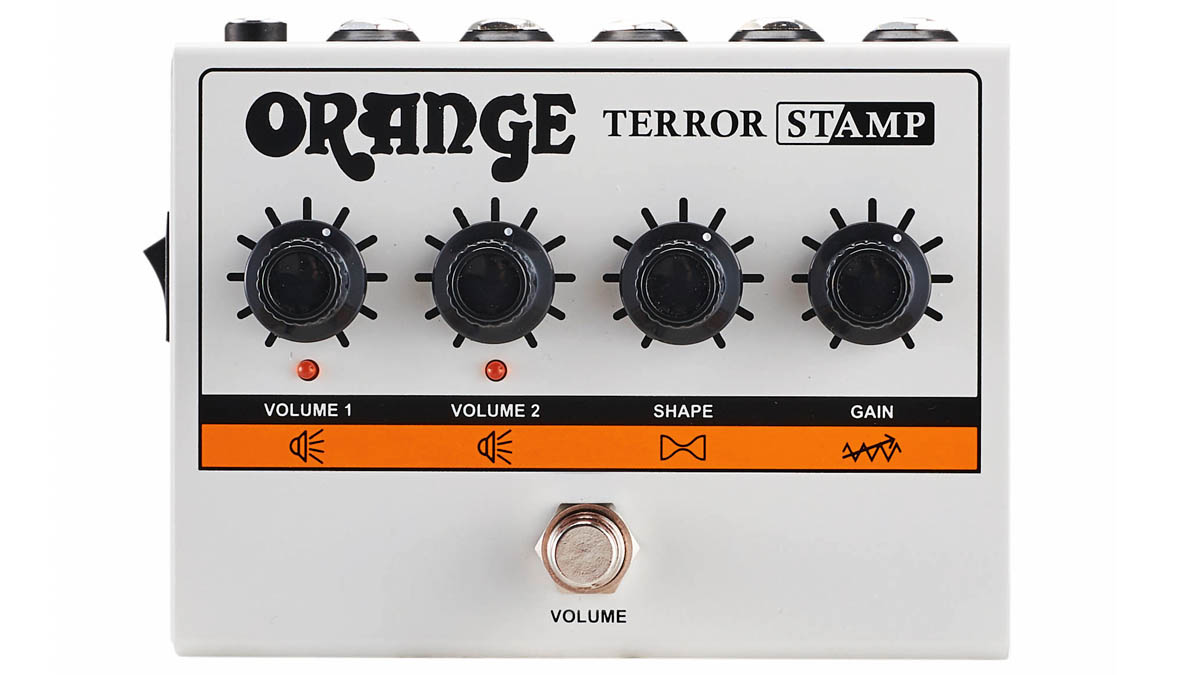
And there’s also practicality for band rehearsals – a guitarist could take the Terror Stamp and plug into a hired cab to save them bringing a head or combo
“Exactly – they can put it in their bag or pocket and get on the bus. The Terror Stamp has been really successful, we’re back ordered right now but trying to push it through as quickly as we can.”
Orange haven’t pursued modelling technology though, that’s quite refreshing in many ways, but do you see that continuing?
“Certainly in the short term. Something about analogue sounds better than digital to me personally and other people in our development departments. You probably know yourself when you play an analogue amp that there’s a difference in the sound it produces compared to a digital amp. It’s getting very close but to me it just doesn’t sound the same.”
"For me, that’s the test with any amplifier when I am playing through. It has to make you feel special when you’re playing"
Orange have still constantly innovated – the latest being the hybrid solid state and valve of the Terror Stamp
“Doing it that way it definitely improves the sound. If it didn’t, we wouldn’t do it. A valve preamp often has special characteristics that just sounds better.
“At the end of the day, sound is everything. And it’s the sound of the sound that’s so important. I’ve said many times, I’m not a good guitarist but I play guitar and when you’re playing an amp and it sounds right, you become at one with the amplifier. Your guitar and the amp becomes one, it just feels right. I still feel a shiver through my body when the sound is right.
“For me, that’s the test with any amplifier when I am playing through. It has to make you feel special when you’re playing.”
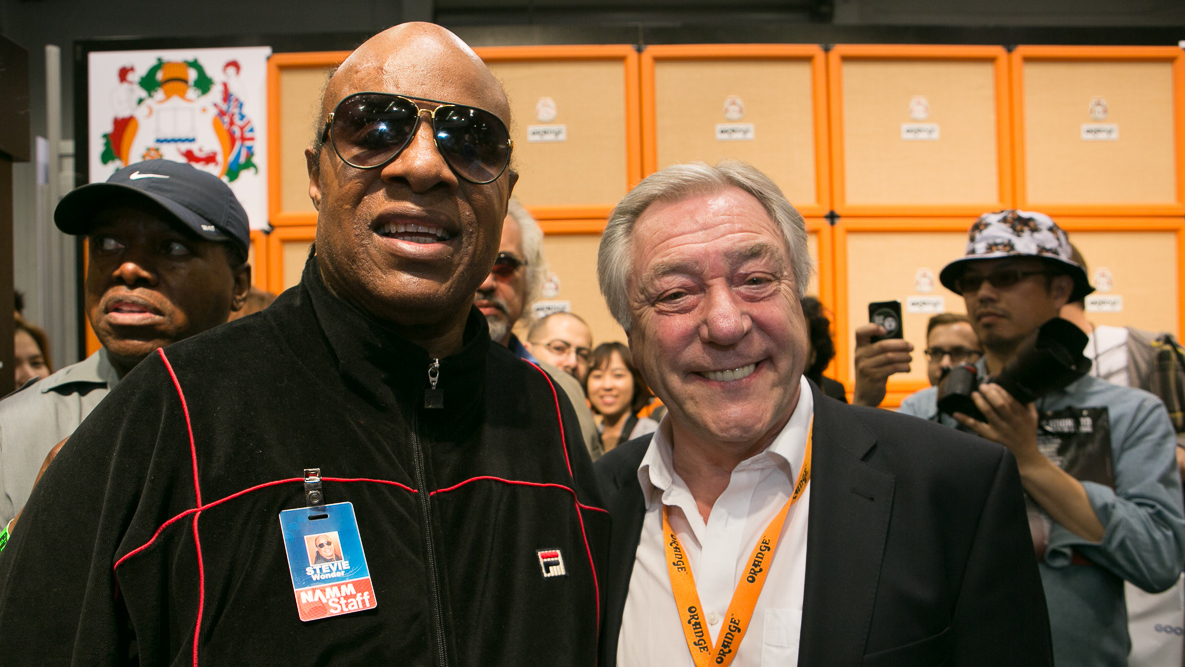
Orange celebrated its 50th anniversary in 2018, what do you feel was the key breakthrough for the company on reflection?
“In the early days, Fleetwood Mac were first [to use Orange] and then Stevie Wonder recorded Superstition on Orange [in 1972] and that really was a big breakthrough for us.
“The Orange sound has always been different from the Marshall sound. We’ve got our own sound and there’s good reasons for that. A lot of the sound is developed in the output transformer, and it’s really important that you have a good quality output transformer that can handle the transients that occur within the transformer.
"Instead of having just three windings, we have five and eight windings on our transformers. That’s a really important part behind the sound"
“In the output transformer, transients are what build up in the secondary windings. These transients that build up are high frequency pulses that you can’t hear and what happens is they find a way back into the primary but they’re usually out of phase, and it makes the sound a little bit dead.
"Instead of having just three windings, we have five and eight windings on our transformers. That’s a really important part behind the sound. Then of course there’s the circuitry, and we always keep that Orange sound and not change it.
“The Tiny Terror was another thing that was very important to Orange. That changed the way people were making amplifiers. We are always looking for new and innovative ways but at the end of the day it’s what people want. If people are looking for, or need something in particular, we will focus and try and make what people want.”
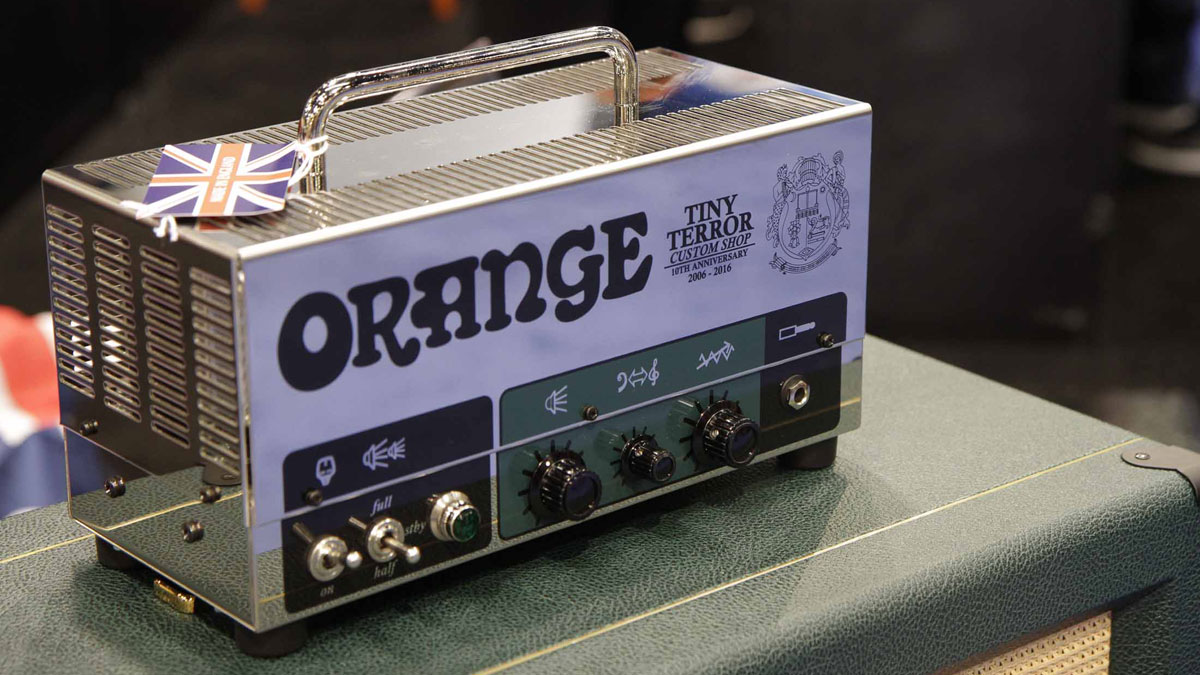
Orange obviously has new products in development, will new launches be delayed due to the current situation with the pandemic?
“Yes, there will inevitably be some delay. We planned a launch of a new product at Summer NAMM this year, but the show was cancelled due to the virus. We work approximately one year ahead.
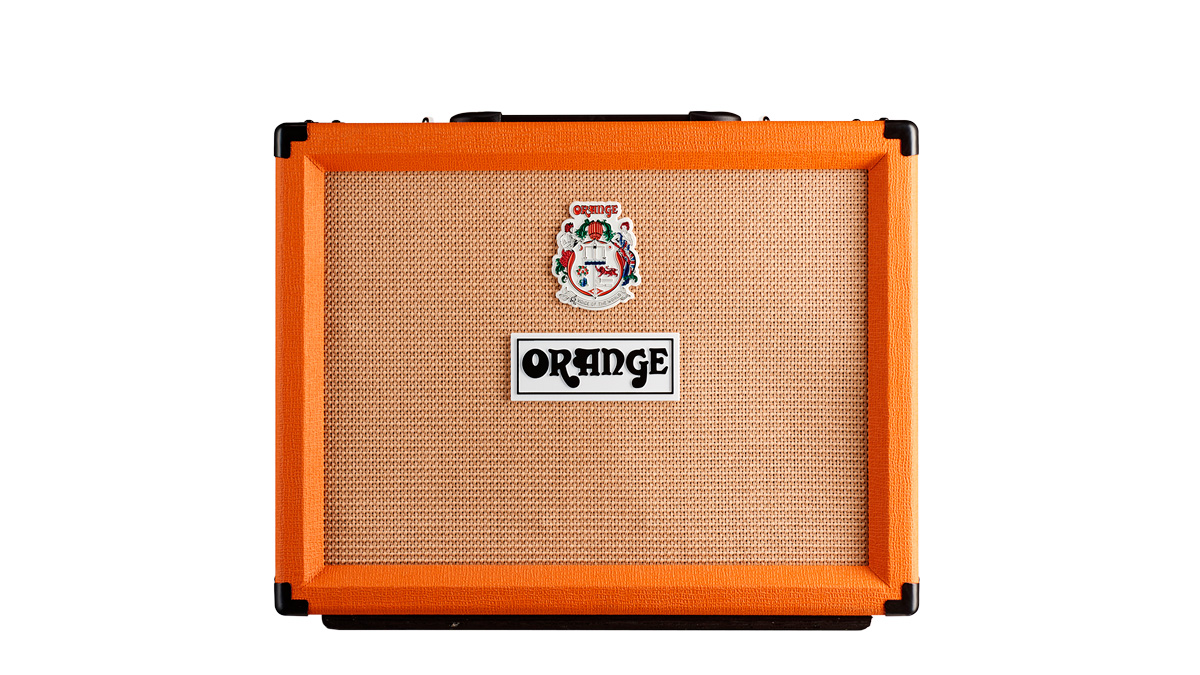
"Once we have the design, a prototype is built, then vigorously tested to iron out the bugs and make it bullet-proof. It is then sent for government approvals. This part is a nightmare for most companies as we have to send it to the US, China, Europe etc to obtain separate government approvals. This exercise is very expensive and can take up to six months.”
Do you think we’ll still see those in 2020?
“Probably the end of the year or the beginning of next year at Winter NAMM if it isn't cancelled. Hopefully not.”
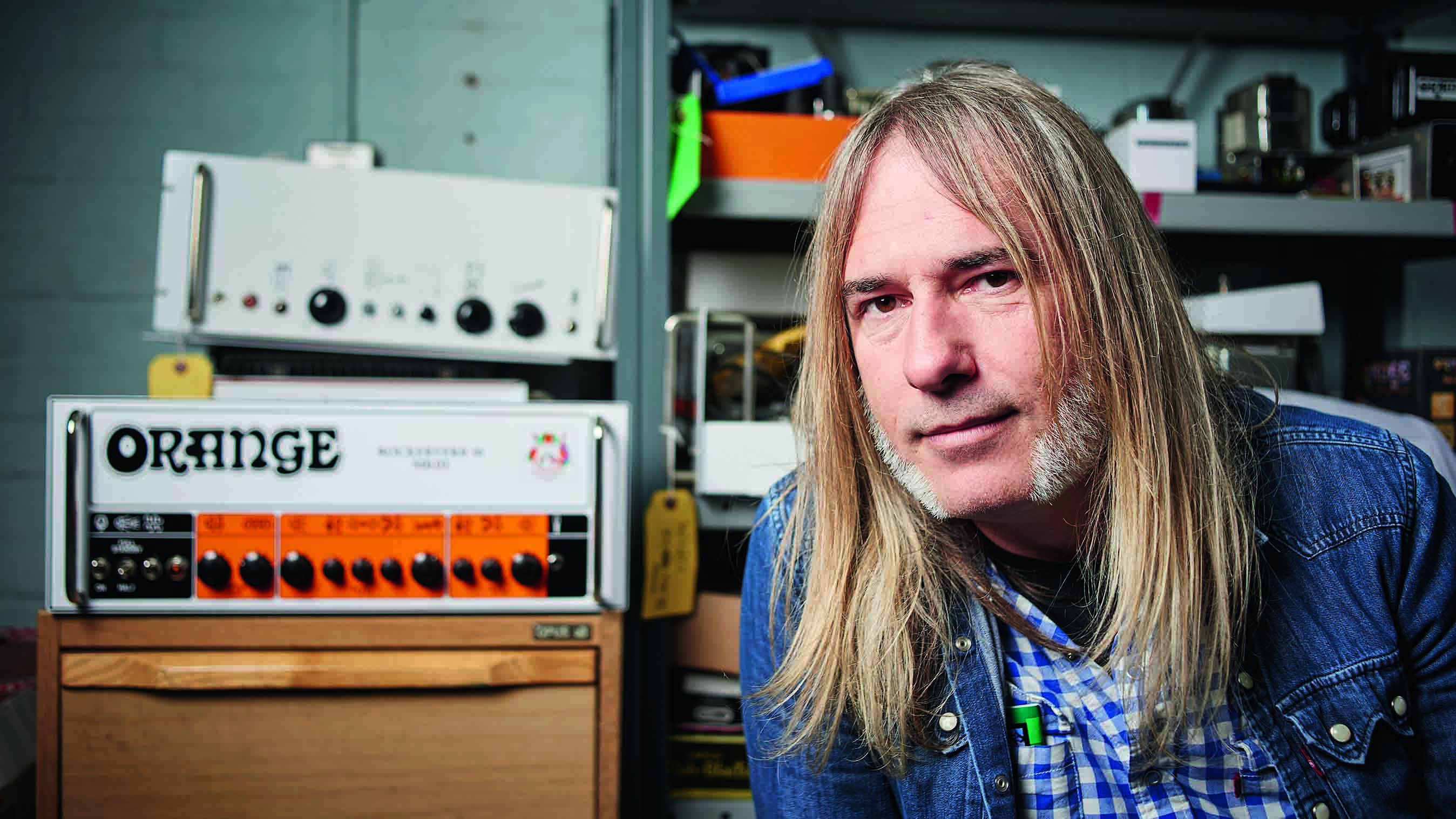
This is obviously an immensely challenging year for the music industry, but what positive changes do you think we could see in music?
“I think better access to music education is one good thing as people have more time on their hands.
"It’s very sad about live music and bands not being able to play live, but I’m sure this situation will pass. Hopefully anyway.”
"The more you learn about music, the more you appreciate it"
And hopefully we’ll have more musicians on the other side of this
“I think we will. I don’t know anyone who doesn’t like music and the more you learn about music, the more you appreciate it. I played the violin as a boy, not very good but I learned to read music and I was able to listen to music more objectively. I am sure this improves the experience and the way I hear and translate music. Having said that, listening to music is wonderful, whatever.”
To find out more about Orange's Learn To Play online courses and sign up for free to the Rock Guitar Foundation course with a free exam head to orangeamps.com/learn

Rob is the Reviews Editor for GuitarWorld.com and MusicRadar guitars, so spends most of his waking hours (and beyond) thinking about and trying the latest gear while making sure our reviews team is giving you thorough and honest tests of it. He's worked for guitar mags and sites as a writer and editor for nearly 20 years but still winces at the thought of restringing anything with a Floyd Rose.


